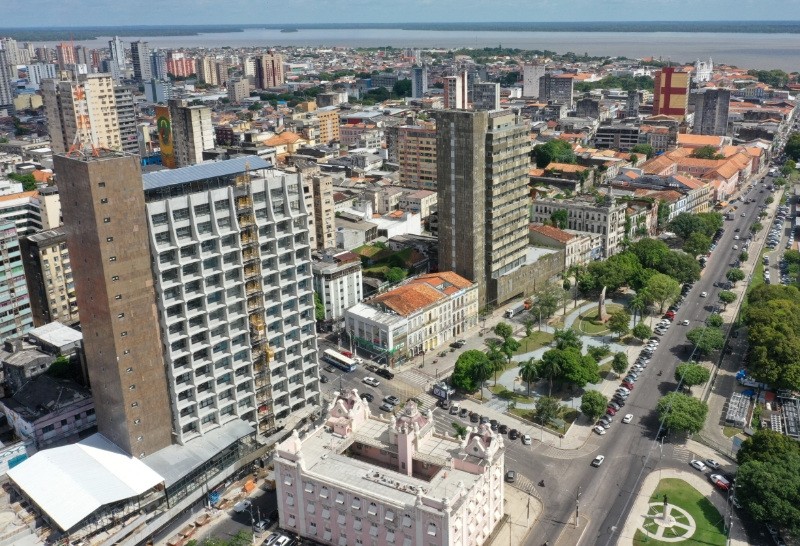The COP30 Climate Summit Accommodation Challenges are an important topic as the world prepares for the United Nations Climate Change Conference (COP30), which will be held in Belém, Brazil, in 2025. Thousands of world leaders, scientists, journalists, and activists will gather to discuss climate solutions, but one big question arises: Where will all these people stay?
Accommodation, or finding enough places for visitors to live during the summit, is becoming one of the biggest challenges for this global event. In this blog, we will explore the meaning of COP30, why accommodation is such a big issue, the reasons behind the challenges, and possible solutions to overcome them.
What is COP30?
- COP stands for Conference of the Parties, which is an annual meeting organized by the United Nations Framework Convention on Climate Change (UNFCCC).
- It brings together leaders from almost every country to discuss how to reduce climate change and protect our planet.
- COP30 is the 30th such conference, scheduled for November 2025 in Belém, Brazil, a city located in the Amazon region.
- This summit is very important because it will review progress made since the Paris Agreement of 2015, where countries promised to limit global warming.
Why Are COP30 Climate Summit Accommodation Challenges Important?
The COP30 Climate Summit Accommodation Challenges are important because:
- Thousands of visitors are expected — including presidents, prime ministers, environmental activists, scientists, media persons, and security officials.
- Belém is a small city compared to previous COP host cities like Paris or Glasgow. It does not have the same number of hotels or large facilities.
- Without proper accommodation, participants may face difficulties in attending meetings, networking, and sharing ideas.
- Comfortable housing is necessary to make the summit smooth, safe, and successful.
Main Causes of COP30 Climate Summit Accommodation Challenges
1. Limited Hotel Infrastructure
Belém does not have enough hotels and guesthouses to house more than 50,000 expected visitors. Most hotels are already small and designed for regular tourism, not such a huge global event.
2. Geographical Location
Belém is located in the Amazon rainforest region, far away from major metropolitan cities like Rio de Janeiro or São Paulo. Traveling there is more difficult, and building new hotels quickly is challenging.
3. High Demand, Low Supply
Because so many people need to stay in Belém during COP30, the demand for rooms is much higher than the available supply. This often leads to very high prices, making it difficult for smaller organizations, youth groups, or students to attend.
4. Environmental Sensitivity
Constructing new buildings in the Amazon region must be done carefully to avoid harming the delicate rainforest ecosystem. This makes building new hotels more complicated.
5. Transportation and Accessibility
Even if some people stay in nearby towns, reaching Belém every day for the meetings may not be easy due to limited public transport and long travel times.
Possible Solutions to COP30 Climate Summit Accommodation Challenges
1. Building Temporary Housing
Authorities may set up eco-friendly temporary housing such as modular homes, tent cities, or floating hotels on the river, which can later be reused elsewhere.
2. Using Cruise Ships as Hotels
Large cruise ships could be anchored near Belém’s port to serve as floating hotels. This idea has been used in past large events in Brazil.
3. Encouraging Homestays and Airbnb
Local families may host visitors in their homes through Airbnb and homestay programs, which can also give guests a taste of Amazonian culture.
4. Improving Transport from Nearby Cities
Special transport services, such as fast trains or chartered buses, may connect nearby towns to Belém so that visitors can stay outside the city but travel quickly to the summit venue.
5. Government and International Support
The Brazilian government, along with international partners, can provide funding and planning support to build temporary but eco-friendly accommodation facilities.
Impact of COP30 Climate Summit Accommodation Challenges
The COP30 Climate Summit Accommodation Challenges may affect:
- Delegates’ participation: If many cannot find suitable housing, fewer people may attend, reducing the diversity of voices.
- Costs: Hotel and travel prices may rise, making attendance very expensive.
- Local economy: While challenging, it may also boost local businesses such as restaurants, taxis, and markets.
- Event success: Accommodation problems can create stress and distract from the main goal — fighting climate change.
Conclusion
The COP30 Climate Summit Accommodation Challenges remind us that organizing such a huge international event is not only about discussing climate change but also about ensuring practical arrangements for thousands of participants. Belém, a city rich in Amazonian culture and biodiversity, faces the difficult task of hosting the world while protecting its fragile environment.
If the Brazilian government, local communities, and international partners work together, creative and eco-friendly solutions can ensure that accommodation does not become a barrier to the success of COP30. After all, the fight against climate change is a shared responsibility, and solving these accommodation challenges is the first step toward a successful summit.



